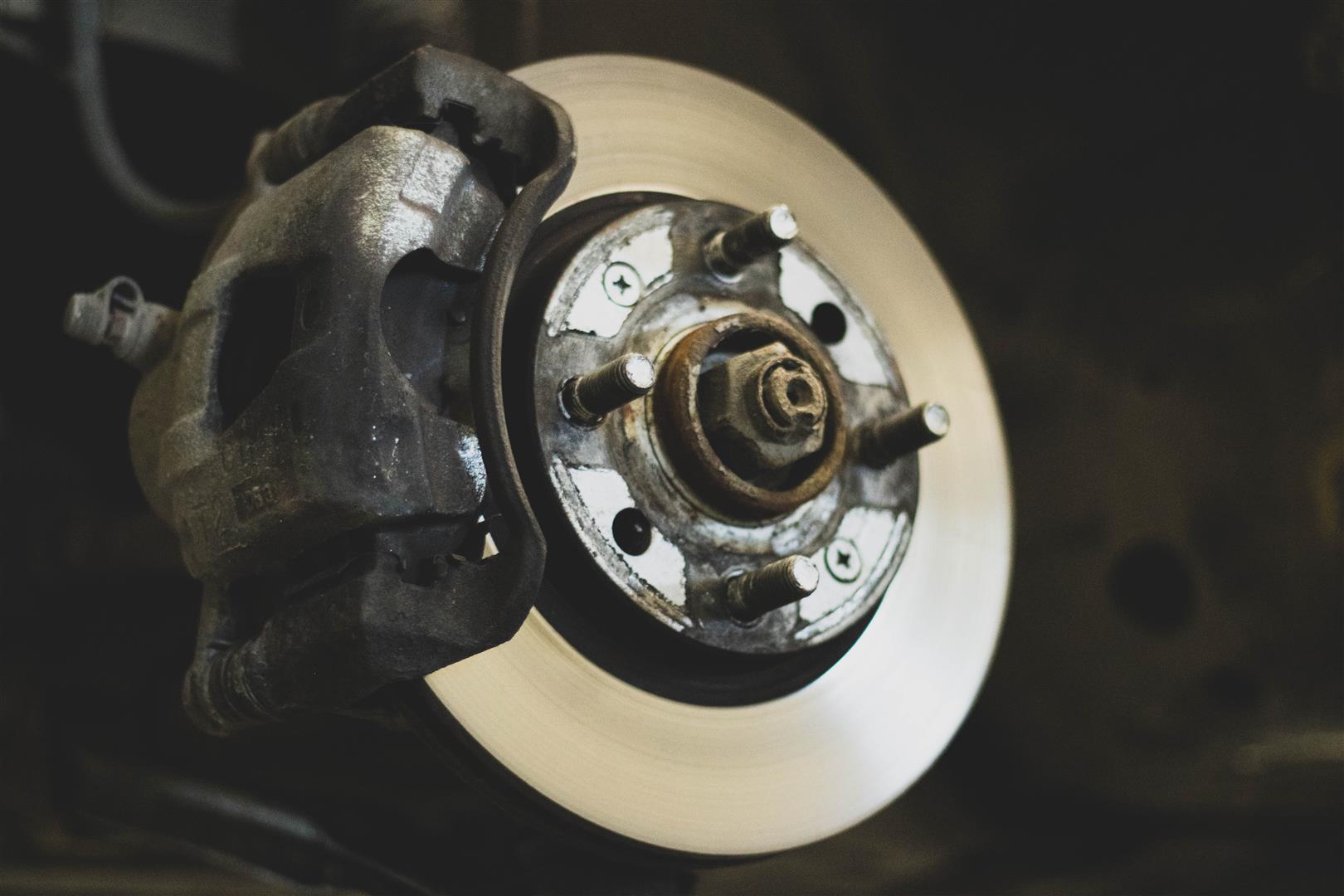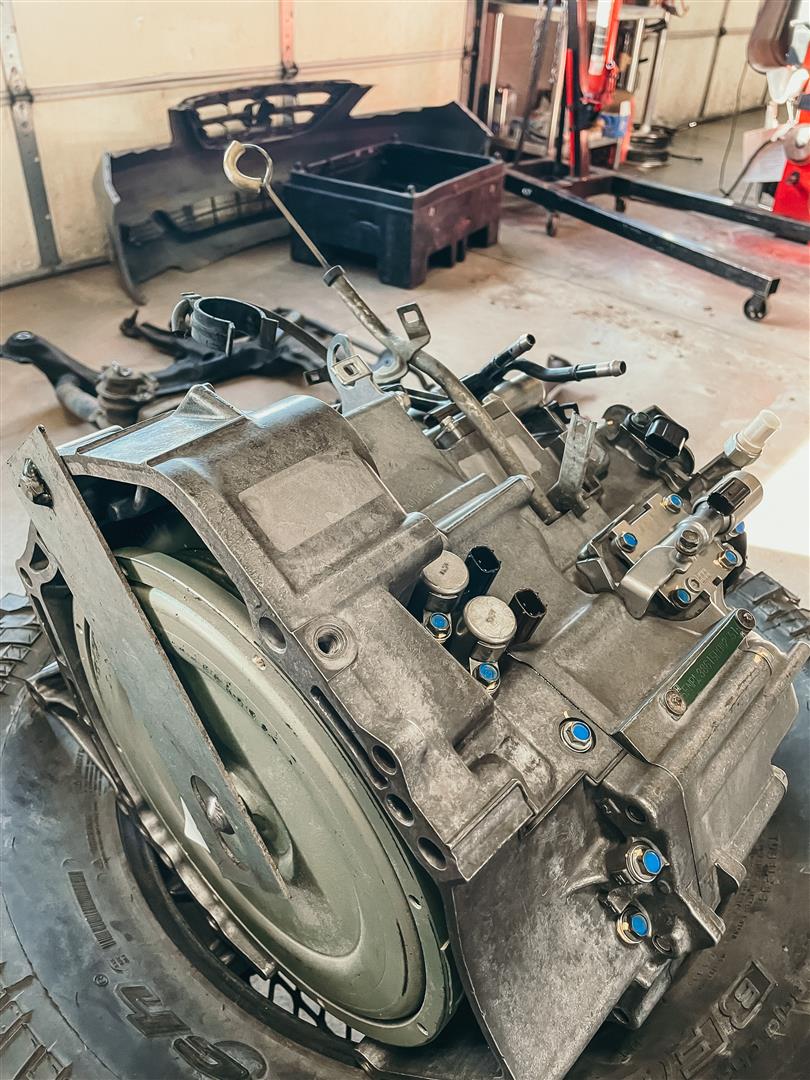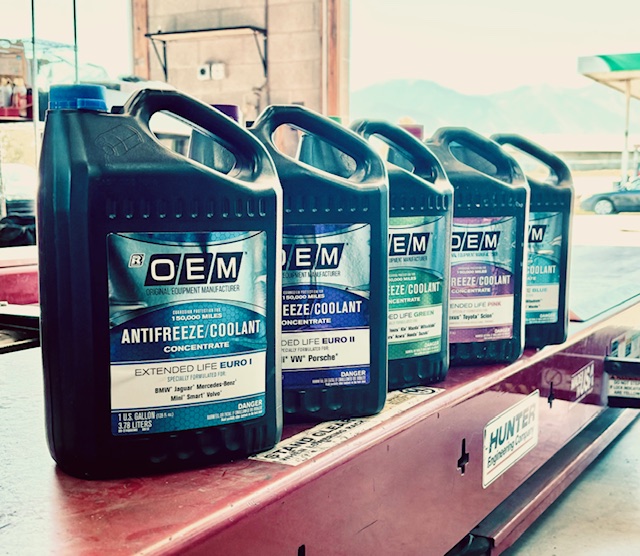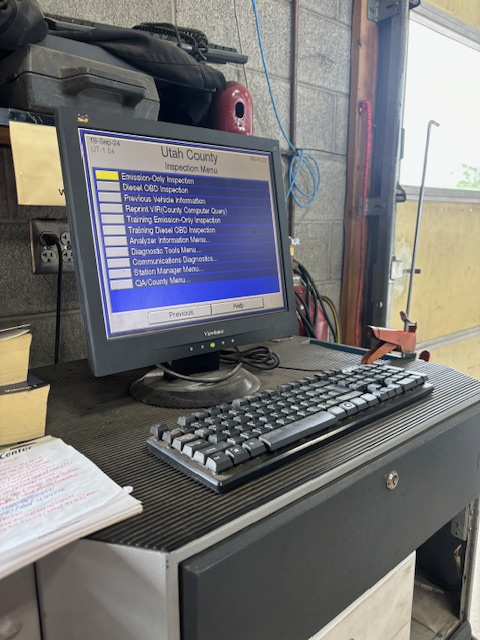Posted on 10/9/2024

Brake fluid plays a critical role in your vehicle’s brake system maintenance. Acting as hydraulic fluid, it transfers the force from the brake pedal to the brakes themselves, enabling you to stop the car safely. Without proper brake fluid replacement, your vehicle's braking performance can be compromised, potentially leading to dangerous situations. What Does Brake Fluid Do? Brake fluid is non-compressible, meaning it can handle the high pressure and heat generated when stopping your vehicle. When you press the brake pedal, the fluid transfers this force to the brakes at the front and rear, applying the necessary pressure to slow or stop your vehicle effectively. Regular brake fluid change ensures the system works smoothly, providing safety and performance. Why Brake Fluid Exchange is Essential Over time, brake fluid degrades and absorbs moisture from the air, which lower ... read more
Posted on 10/1/2024

When it comes to vehicle maintenance, one of the most overlooked services is transmission fluid replacement. While many car owners focus on oil changes, tire rotations, and brake checks, they may not realize that regularly servicing transmission fluid is just as crucial. Your vehicle’s transmission system is responsible for ensuring smooth gear shifts and efficient power transfer to the wheels. Keeping it well-maintained can prevent serious issues down the road. Let’s explore the key benefits of servicing your transmission fluid: 1. Extended Transmission LifespanTransmission fluid is the lifeblood of your car’s transmission system. Over time, the fluid can become contaminated with dirt, debris, and metal particles from the gears. These impurities cause wear and te ... read more
Posted on 9/24/2024

Your vehicle is in the shop for routine maintenance, and the technician recommends a Coolant System Exchange. You might wonder, "Is this really necessary?" The answer is yes! At Dickerson Automotive, we, like most trusted repair shops, follow a general rule: a coolant exchange should be done every 5 years or 100,000 miles, whichever comes first. Here's why it's so important. Over time, the anti-freeze in your vehicle becomes more acidic and begins to lose its rust-inhibiting properties. This can lead to corrosion and rust buildup inside the cooling system, which puts critical components like the radiator, water pump, and thermostat at risk of failure. Left unchecked, these issues can cause your vehicle to overheat, potentially leading to costly repairs or breakdowns. Performing a coolant system exchange ensures that these components ... read more
Posted on 9/18/2024

Once a year we are required to get an emissions test and register our vehicles in Utah County, but your check engine light is on. Here at Dickerson Automotive we have been advised but the Utah County Health Department to always start with an emissions test even if that vehicle is going to fail. Why is it that we would want to start with a test that is not going to pass? There are a couple reasons why we would want to start with a failed test. The manufacturer is responsible for light duty vehicles to pass emissions within the first 2 years and under 24,000 miles. There are also 3 major components covered for 8 years or 80,000 miles. So, if there is a chance it is covered by warranty we would need to send you to the dealer. On occasion the repairs completed did not influence the check engine light or you have spent at least $450 dollars, and the check engine light remains on did not reduce the pollution levels below standard, you would be able to apply for a waiver a ... read more
Posted on 9/11/2024

Proper car maintenance is key to keeping your vehicle running smoothly and avoiding costly repairs. Whether you're a seasoned driver or new to car ownership, following these essential car maintenance tips will help extend your vehicle's lifespan and keep it in top condition. Here are ten tips every driver should know: Regular Oil Changes One of the most crucial aspects of car care is changing your oil regularly. Fresh oil ensures your engine is lubricated and runs efficiently. Depending on the type of oil and your vehicle, aim for an oil change every 3,000 to 5,000 miles to keep your engine in peak condition. Check Tire Pressure Maintaining the correct tire pressure improves fuel efficiency and extends the life of your tires. Underinflated or overinflated tires can lead to uneven wear and reduce vehicle performance. Check your tire pressure monthly, and don't forget to inspect your spare tire as well. Monitor Brake Pads and Rot ... read more